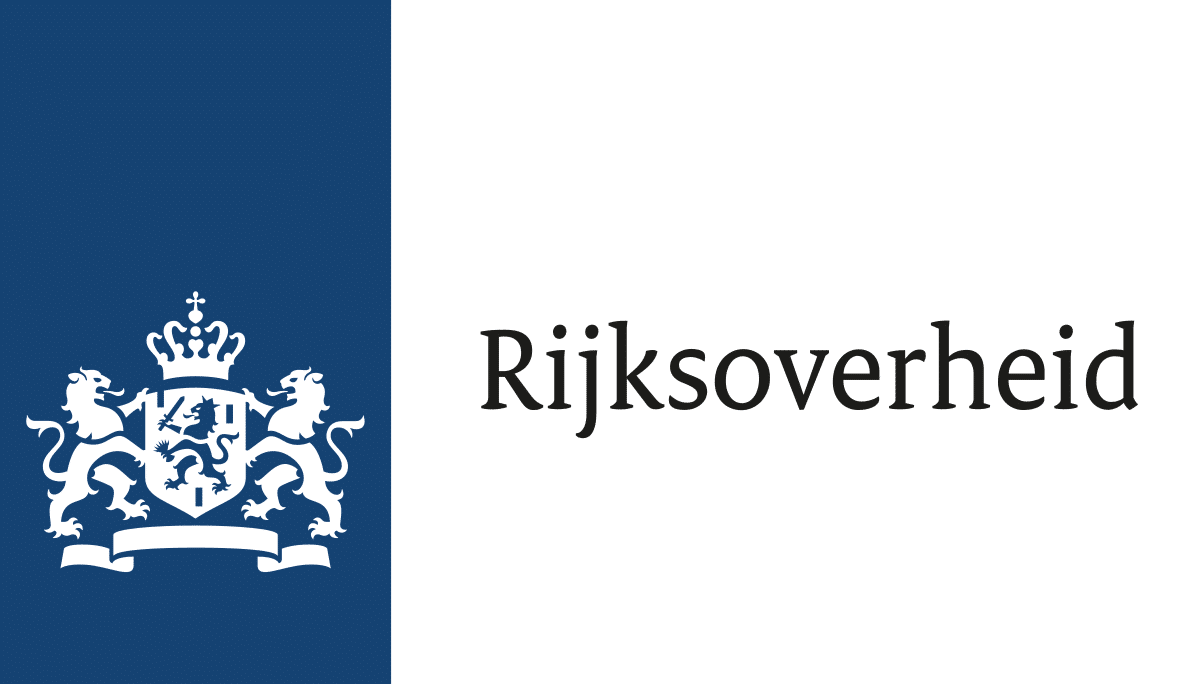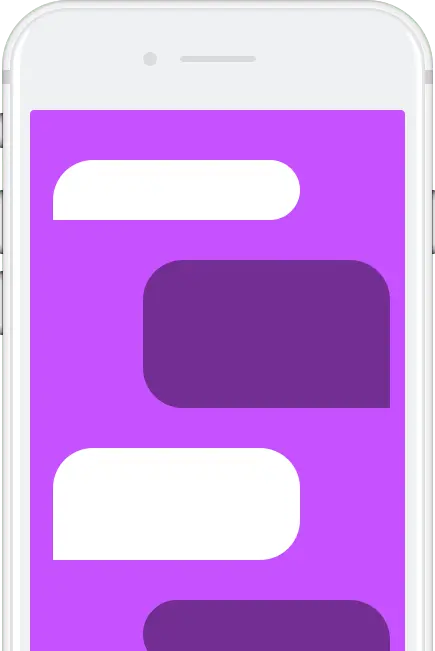Record Idea
Record online for 5 years for only € 150,-
Officially Recorded with an Official Body
Recognized Certificate with Date Stamp
100% Confidentiality Guarantee
Extension Always Possible
Record your Idea or Concept in 3 Steps

Name It
Choose a name for your idea, concept or work, so that you can easily use it in communication with, for example, manufacturers or investors.

Describe your Idea
Describe your idea in a few short sentences and then upload the complete detailed elaboration by means of, for example, text or PDF.

Complete Application
Complete the application and your idea will be recorded. You will then receive the official certificate of this, so that you can always prove from when it was recorded,
They Preceded You…







How Can You Record an Idea? 5 Steps
You can record an idea in five clear steps:
1. Elaborate your idea. Record your idea as concretely as possible in documents, drawings, presentations or scripts. The more concrete, the better.
2. Choose the language of your filing. You can choose from Dutch, English or French.
3. Give your filing a title. Choose a recognizable title that briefly summarizes your idea.
4. Add a short description. You can use up to 225 characters to briefly describe your idea.
5. Submit your idea.
Suppose you have a brilliant idea for an app, a program or a product. You pitch it to a party, but they reject it. To your surprise, months later you see your idea appear on TV or in an app store. That can be frustrating. But if you have recorded your idea in advance, you can better demonstrate that you were the first creator. And in some cases, that offers legal protection.
You can even protect an idea as prior use in a future patent application. Are you already working on the development of a product that may be patentable? Then registering via an i-DEPOT is a wise move.
Deposit your idea directly online?
What are the costs of recording an idea?
5 Years
- Registration
- Recognized proof
- Valid for 5 years
- Extension always possible
10 Years
- Registration
- Recognized proof
- Valid for 10 years
- Extension always possible
Extend
- Extend
- Recognized proof
- Valid for 5 years
- Extension possible again after 5 years
What Do You Learn from this Video about Registering an Idea?
In this video you will discover, among other things:
- what are the benefits
- why it is necessary to register an idea
- what steps does the procedure involve
- what you can and cannot protect
- what are the costs of recording an idea
- how to ensure optimal protection
What Do You Need to Know about Recording an Idea?
Which Ideas Can You Record?
In principle, you can record any idea, as long as you have elaborated it sufficiently. An idea in itself is not legally protected. Protection such as copyright or trademark law arises automatically or after registration, but that does not apply to a loose idea. However, you can register your elaborated idea via an i-DEPOT.
Think of the idea for an app, a film, a product or a television program. By recording such an idea, you can later demonstrate that you were the original creator. Even if you are working on a product that you ultimately want to patent, it is wise to record your idea in advance. This can help in demonstrating ‘prior use’ in a future patent application.
Please note: some ideas are difficult to protect. For example, you cannot simply legally monopolize a unique teaching method or training structure. Even if your approach is original, others may develop and use similar methods.
How Can You Register it?
Until January 1, 2013 you could record an idea with the tax authorities. From that date onwards, this is no longer possible and you can protect an idea, for example, through the notary or our office.
Can You Protect an Idea with a Notary?
Yes, you can also have an idea recorded by a notary. This is done via a so-called deed of deposit. The notary keeps an official document in which your idea is recorded on a specific date.
Important to know: a notarial deed does not give you exclusive rights to your idea, as a patent or copyright does. But it offers you strong evidence. If you later have to demonstrate that you were the first with the idea – for example in a conflict or in a patent application – you are legally stronger with a notarial deed. This is also called “prior use”.
An alternative to recording via the notary is the use of the official i-DEPOT of the Benelux Office for Intellectual Property. Both options are intended to record your creation in time.
What is a Deed of Deposit?
A deed of deposit is an official document that a notary draws up stating what you have submitted, and when. Think of an idea for an app, film, product or program. The notary seals the document and keeps it in a safe environment.
The deed contains a clear date and time stamp. This may come in handy later if a discussion arises about who had the idea first. In that case, you can use the deed to demonstrate that your idea already existed at that time.
Please note: a deed of deposit does not give a legal right of protection, such as a copyright or patent does. But it can serve as important evidence in a conflict or legal procedure, for example to demonstrate prior use in a patent application.
What are the Costs of Recording an Idea and where Do You Do this?
You can officially record your idea in two ways:
- Register idea via us:
- Via a Dutch notary
Recording an idea through a notary costs an average of € 450. You will then receive a notarial deed of deposit.
Both forms of registration do not give you intellectual property rights such as a patent or copyright, but they strengthen your evidentiary position. Should a dispute ever arise over who had an idea first, you can use a deposit to demonstrate that you were the creator at a certain point in time.
A deposit can also be valuable for international situations. Ultimately, it is about being able to prove a date of creation, regardless of which country a conflict occurs in.
What Rights Do You get when You Record an Idea?
It is important to know that by recording an idea you do not obtain intellectual property rights obtains. So you get no exclusive right as with a brand, model or patent. What you do get is a evidence: a document with which you can demonstrate that your idea existed at a certain point in time.
Many people think that a deposit automatically protects you against copying or commercial use by others, but that is not correct. If you are looking for legal protection with enforceable rights, then registrations as a brand, model or patent are more suitable.
If you still want to demonstrate that you are the first creator of a creative concept, then the i-DEPOT of the Benelux Office for Intellectual Property (BOIP) is an accessible option. This registration falls under the Benelux Convention on Intellectual Property, and therefore has an official legal status. Your idea will be stored digitally for five or ten years, including date and time stamp.

Our Advice
Our trademark attorneys are happy to help you as well as possible. In contrast to the BOIP, you will receive good advice, so that you know that the registration procedure for your idea runs smoothly.
